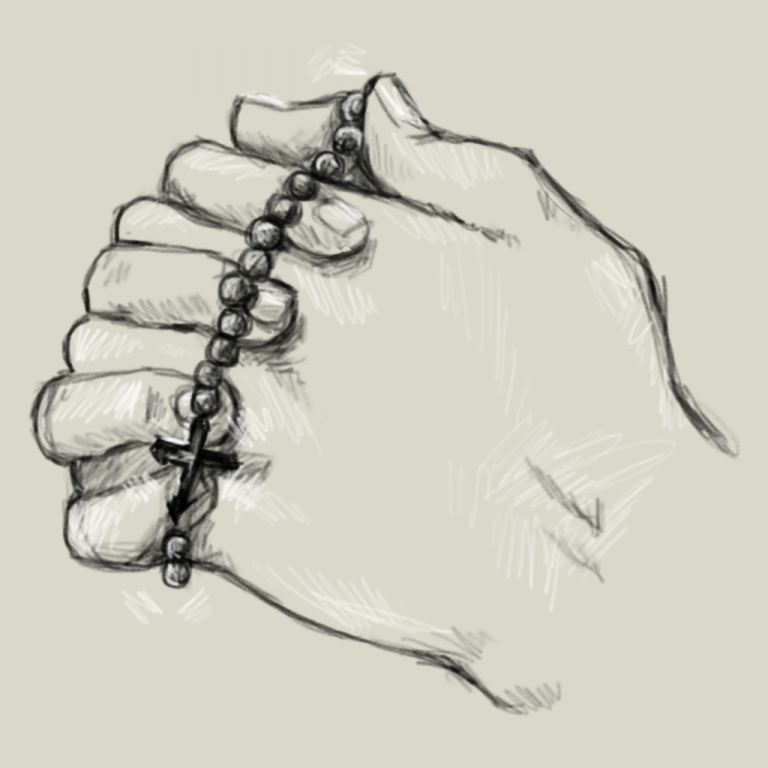
Jack Alegre
Features Editor
Many Christians, no matter how rational they may consider themselves to be, have a sneaking suspicion that the Apocalypse is just around the corner. It’s not hard to see why, really. The End is a central part of Christian beliefs, and the turmoil and social upheaval of today is like that of 2,000 years ago, when Christians believe that Christ walked the earth. I’m still not sure if this confidence in an imminent and utterly devastating end is a good thing or a bad thing.
What I am sure of is that, in spite of what President Donald Trump may say, the university campus is not a battleground between sainted believers and our opponents in the culture war — atheist, liberal, Muslim, etc. Take your pick. Christianity’s anticipation of the Apocalypse has people perpetually on edge, fearful of a time where our belief will make us easy targets.
Additionally, cultural conservatives fear that the faculty is pushing a liberal agenda, one that says that Christianity is a vehicle of oppression that is used by the rich and powerful to sap the average worker of their time and agency.
The liberal tormentors must be quite bad at this whole persecution thing because I’ve seen nothing of the sort during my four years here. Nobody has tried to forcefully convert me to anything other than my own Catholic faith, and Isla Vista has a vibrant and welcoming church in the form of St. Mark’s. Far from having a target painted on religious students’ backs, being Catholic or even religious here at UCSB is just another way to find community on campus.
The fear of the college campus lies in its cosmopolitanism. People living in different communities with different social structures and political leanings come to college to get a higher education and thus a leg up in life afterwards. With meeting people from these different communities, however, comes a sort of culture shock, where unknown and unfamiliar persons must be evaluated and interacted with.
With so many different students to accommodate, it is only natural that there will be some friction when attempting to create an overarching set of campus culture. And as the young people who make up the college campus begin to develop their own sense of identities and places in the world, they will begin to push against the confines of institutions they are familiar with such as organized religion.
Despite such an environment, there is no religious persecution. Naturally, there are microaggressions, but those are inevitable when unlike cultures brush up against each other. But there is no oppression on the scale where religious students’ lives are directly imperiled because of faith.
If anything, the greatest danger to the modern believer should be how politicians are trying to use our faith and fear of losing it to their advantage. Unless we separate our faith from the political game and accept that our religion can exist independently of either liberalism or conservatism, we will continue to be dragged into both conflicts.
Even if there was persecution here at UCSB (there’s not), a good Christian would welcome it or at least accept it. Christ told us to welcome challenges to our faith and to respond not with anger but to turn the other cheek. We are not supposed to be bothered by a culture war that politicians invoke to rile up voters. Instead, our focus is on worldly imbalances. Just because we believe in life after death does not mean we can ignore the needs of the present.
Christianity is by no means perfect. Throughout history, both zealots and opportunists have used the faith to secure support for their agendas. But at UCSB, there are fewer extremists and manipulators — just earnest worshipers. Other people’s identities are composite, involving things such as their personalities, sexual orientations, and home backgrounds. In spite of it all, religion has always managed to exist in a multicultural space. To cry persecution at the slightest sign of difference in identity or cultural practice is demeaning and a retreat from the world.










